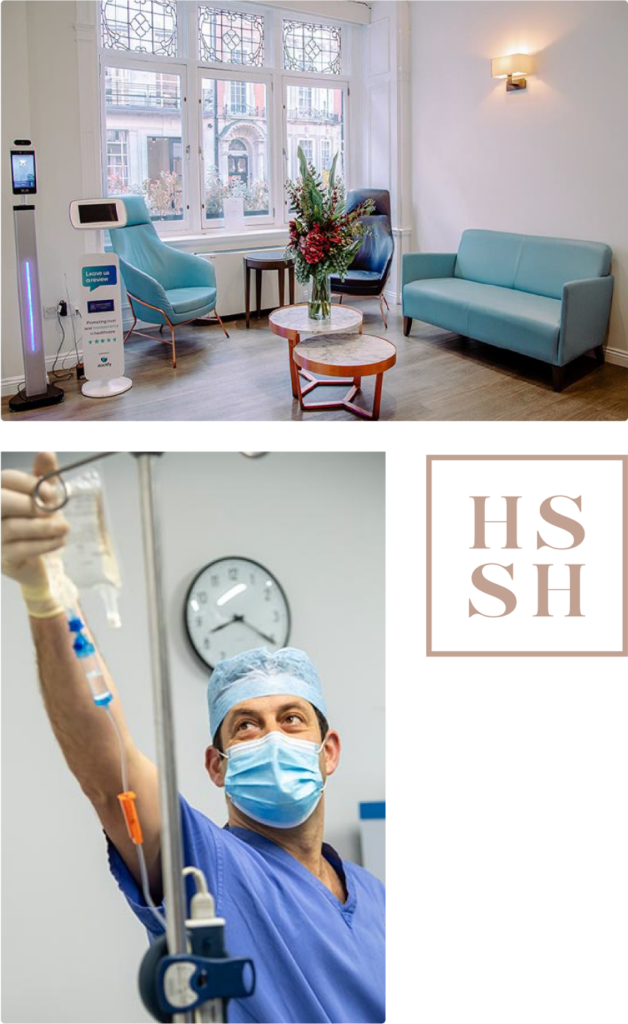Award winning Specialist
TMJ Treatment London
(Temporomandibular Joint Disorder Treatment)

Temporomandibular joint disorder — also known as TMJ disorder or TMD — is a medical condition characterised by jaw pain, headaches, and clicking in your jaw. Effective TMJ treatments like those offered at Harley Street Specialist Hospital can minimise aches and pains around your jaw in just a few days. Learn more about getting TMJ treatment at our central London dental hospital.

















